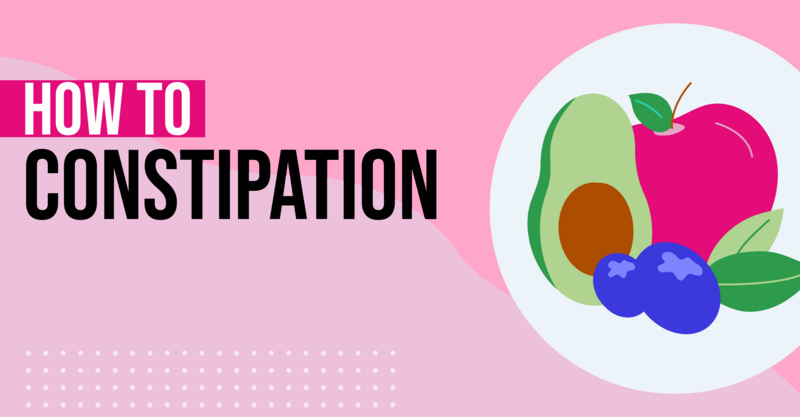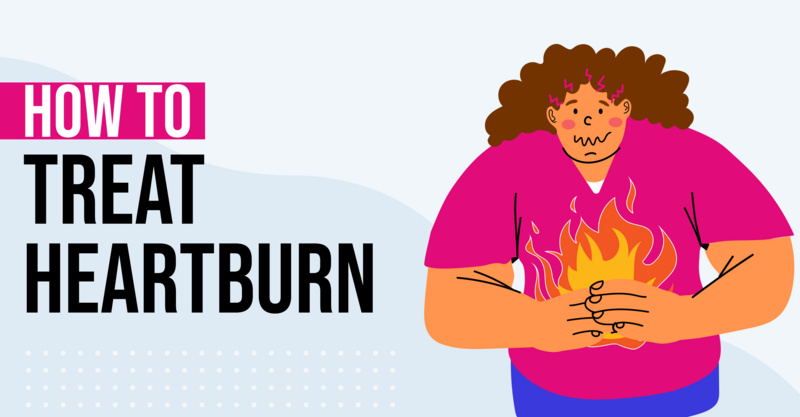Key Points
- The article identifies five main causes of bleeding gums: plaque buildup, improper dental appliances, incorrect oral hygiene, pregnancy, and blood thinners.
- Plaque buildup can lead to gingivitis, a treatable early form of gum disease, while poorly fitted dental appliances and improper brushing or flossing can also cause gum bleeding.
- Hormonal changes during pregnancy and the use of blood thinners can increase the risk of bleeding gums.
- The article also notes that several health conditions, including periodontitis, vitamin K deficiency, leukemia, scurvy, and bruxism, can lead to bleeding gums.
- The piece concludes with potential questions a doctor might ask about bleeding gums and offers resources for further information.
Top 5 Causes of Bleeding Gums
1. Plaque Buildup
When you don’t brush your teeth often enough, plaque builds up at your gum line and causes your gums to bleed.[1] One of the common issues associated with plaque buildup is gingivitis, also known as inflamed gums. Other symptoms of gingivitis include red or purple gums, sores in the mouth, and swollen gums.[2] Gingivitis is an early form of gum disease, and it is treatable.
2. Dental Applications
If your dentures don’t fit properly, you can experience bleeding gums. This can also occur as the result of other types of dental appliances that don’t fit properly. If you have a dental appliance and are experiencing bleeding gums, go back to the dentist and make sure you have the proper fit.
3. Improper Brushing or Flossing Technique
Some people brush or floss too hard or do so in another improper way that cuts the gums, causing them to bleed.[1] If you haven’t flossed in a long time, you might also experience bleeding gums. This symptom should subside after a few consistent days of flossing. Make sure you know how to brush and floss properly, and do so gently, while taking your time. Your dentist can demonstrate proper techniques.[3]
4. Pregnancy
Pregnancy can actually make you more susceptible to gum disease or other problems with the gums.[4] Pregnancy changes the hormones in the body, making it react more intensely to the same levels of plaque that were on the gums before. It is important to be aware of this possibility while pregnant and to talk to a dentist if you experience bleeding gums during your pregnancy.
5. Blood Thinners
Some medications such as blood thinners can cause bleeding gums as a possible side effect.[1] If you usually brush your teeth very hard and then begin to take blood thinners, it could cause your gums to bleed more steadily. Make sure you brush softly when you are on these medications and, if necessary, ask your dentist for help with the problem.
Possible Health Conditions Related to Bleeding Gums
1. Periodontitis
Your gums can become infected, just like other parts of your body. If you experience gingivitis and nothing is done to minimize the issue, it could worsen into periodontitis, a condition causing the ligaments and bones that support the mouth to become inflamed. The symptoms of this disorder are bad breath, loosened teeth, shiny gums, hard deposits in the teeth, and sensitivity of the teeth.[5] This problem requires immediate treatment and possible surgery.
2. Vitamin K Deficiency
Vitamin K deficiency isn’t very common and is usually only monitored in those who have a bleeding disease.[6] However, bloody gums can be a sign of a vitamin K deficiency, especially if it is very severe. This deficiency can occur when someone has been on antibiotics for a long period of time. Those who are on blood thinners need to be especially careful about their amount of vitamin K intake, as the vitamin can alter the drug’s actions.[7]
3. Leukemia
Leukemia is a type of blood cancer that can cause bleeding gums. There are two kinds of leukemia: acute and chronic. Acute leukemia progresses very quickly.[8] Bleeding and easy bruising commonly occur with leukemia, as are symptoms such as swollen lymph nodes, weight loss, appetite loss, susceptibility to infection, and high white blood cell count. Your doctor can check for this last symptom during a routine checkup.
4. Scurvy
Many people think scurvy is a historical disease that targeted pirates and other seafarers, but people still get scurvy. It’s rare in the United States, but it does occur — mostly in older individuals who do not receive the nutrients they need.[9] Scurvy develops when a person lacks the amount of vitamin C, or ascorbic acid, necessary to feel healthy. It can quickly lead to gum disease and hemorrhages in the skin, as well as anemia, fatigue, and general weakness. Usually, scurvy can be remedied by giving the individual the necessary amount of vitamin C.
5. Bruxism
Some people occasionally grind their teeth, but bruxism is present when people grind their teeth so often that it starts to cause problems in their lives. Teeth grinding can be caused by stress, and often occurs while sleeping.[10] Grinding your teeth too much can, in fact, cause your gums to bleed and even recede. Other symptoms are headache, earaches, insomnia, and jaw pain. Reducing tension and stress can help with bruxism, but in some cases, patients must wear mouth guards while they sleep to minimize their chances of grinding.
Questions Your Doctor May Ask About Your Bleeding Gums
- How long have you been dealing with bleeding gums?
- Do you brush and floss regularly?
- Do your gums hurt? Are they swollen?
- When do you notice that your gums bleed? Is there anything that causes this to happen or to make it stop?
- Are you bleeding anywhere else? Do you bruise often?
- Are you dealing with any other symptoms that are not related to your mouth, teeth, or gums?
Bleeding Gums May Also Be Known as
- Bloody gums
- Bleeding teeth
Sources
- National Library of Medicine. Bleeding Gums. https://medlineplus.gov/ency/article/003062.htm.
- National Library of Medicine. Gingivitis. https://medlineplus.gov/ency/article/001056.htm.
- National Library of Medicine. Dental care — adult. https://medlineplus.gov/ency/article/001957.htm.
- Victoria State Government. Pregnancy and teeth. https://www.betterhealth.vic.gov.au/health/healthyliving/pregnancy-and-teeth.
- National Library of Medicine. Periodontitis. https://medlineplus.gov/ency/article/001059.htm.
- National Institutes of Health Office of Dietary Supplements. Vitamin K. https://ods.od.nih.gov/factsheets/VitaminK-HealthProfessional/.
- National Library of Medicine. Vitamin K. https://medlineplus.gov/ency/article/002407.htm.
- National Library of Medicine. Leukemia. https://medlineplus.gov/ency/article/001299.htm.
- National Library of Medicine. Scurvy. https://medlineplus.gov/ency/article/000355.htm.
- National Library of Medicine. Bruxism. https://medlineplus.gov/ency/article/001413.htm.
Frequently asked questions
What are the top causes of bleeding gums?
The top causes of bleeding gums are plaque buildup, improper dental appliances, incorrect oral hygiene techniques, hormonal changes during pregnancy, and the use of blood thinners.What health conditions can cause bleeding gums?
Health conditions that can cause bleeding gums include periodontitis, vitamin K deficiency, leukemia, scurvy, and bruxism.Can pregnancy cause bleeding gums?
Yes, hormonal changes during pregnancy can increase susceptibility to gum disease, which can lead to bleeding gums.Can improper brushing or flossing technique cause bleeding gums?
Yes, incorrect oral hygiene techniques can lead to gum bleeding.How can plaque buildup cause bleeding gums?
Plaque buildup can lead to gingivitis, an early form of gum disease, which can cause bleeding gums.Can blood thinners cause bleeding gums?
Yes, blood thinners can cause bleeding gums as a side effect.What is bruxism and how does it relate to bleeding gums?
Bruxism is a condition characterized by excessive teeth grinding. This can cause the gums to bleed.What are some questions a doctor might ask about bleeding gums?
A doctor may ask about your oral hygiene habits, whether you're pregnant or using blood thinners, or if you have any of the health conditions associated with bleeding gums, such as periodontitis, vitamin K deficiency, leukemia, scurvy, or bruxism.









